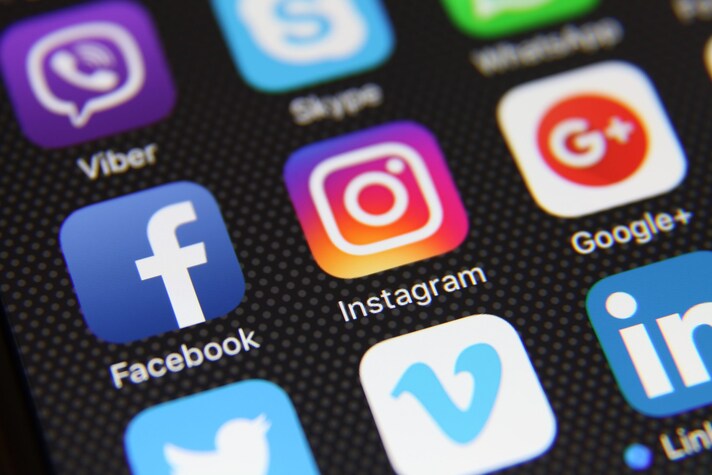6 Common Mistakes When Trying to Eat Clean
Clean eating can have slightly different meanings depending on who you talk to, but the general principle is to eat only whole foods, and completely avoiding processed and artificially enhanced foods.
;Resize,width=742;)
Clean eating can have slightly different meanings depending on who you talk to, but the general principle is to eat only whole foods, and completely avoiding processed and artificially enhanced foods.
That sounds simple, right? Not quite! Clean eating can be confusing, and there’s a lot of pseudo-science out there to muddy the waters further. To help you make the right dietary choices, here’s six pieces of advice from nutrition experts.
1. It’s not a diet; it’s a lifestyle change

Try not to think of eating clean as going on a diet, but as a change in lifestyle. Diets are restricting by their nature, and it’s often hard to stick to them, whereas you can think of a change to eating clean as focusing on eating whole foods that will fuel and nourish your body. Eat lean meats, eggs, nuts, seeds, fruits, veg, brown rice, quinoa and other whole grains.
2. Don’t take too much notice of Instagram fads

Instagram has taken clean eating and made it only about eating organic, vegan or gluten free, says Ashley Mooney, RDN and Clinical Dietician for Morrison Healthcare at Yale New Haven Hospital. She says that just because a food is labeled organic or vegan, it isn’t necessarily the healthy choice – these foods aren’t always minimally processed or nutrient dense.
3. Don’t limit entire food groups
Food fads can cause real damage, and extreme eating is an unhealthy trend. From going gluten-free even if you aren’t allergic to gluten, to eating lots of one thing with every meal isn’t healthy.
Mark Sisson, author of the Keto Reset Diet and founder of Primal Kitchen says that people approach nutrition from a negative position – can I eat this or should I avoid it? What people should be asking is how do I want my nutrition to be today? It’s no good eating clean if your choices add up to very little actual nutritional value in a day.
4. Stop counting the calories

If you’re trying to lose weight, calories do matter, but instead of looking at how many you’re eating in a day, try to look at the quality of the calories you’re consuming. There are lots of high-calorie foods that are nutrient dense, such as avocados, and it’s more important to make sure your snacks are full of protein and fiber, rather than whether you’re keeping them under a magic number of calories.
5. Cut out the granola, energy or protein bars

These foods masquerade as healthy, and unfortunately a lot of people think they really are being good to their bodies by eating them because they’re made of whole grains. The reality is that some of these foods can contain more sugar than a candy bar! Caitlyn Elf, RD and blogger at CaitsPlate.com, recommends buying products with no more than 10
ingredients overall.
6. You eat more than you actually need

Overestimating how many calories you burned on your workout is common problem, and it’s a sure way to sink your weight loss. One of the biggest culprits is what you may be drinking – smoothies and energy drinks. They contain a lot of calories and it’s easy to drink several in a day.
You should also watch out that you don’t overdo the healthy fats. People tend to go overboard on them because they’ve heard or read that they’re good for you, but too much will just add extra calories you don’t need. Bring some perspective to the table.
;Resize,width=767;)
;Resize,width=712;)


